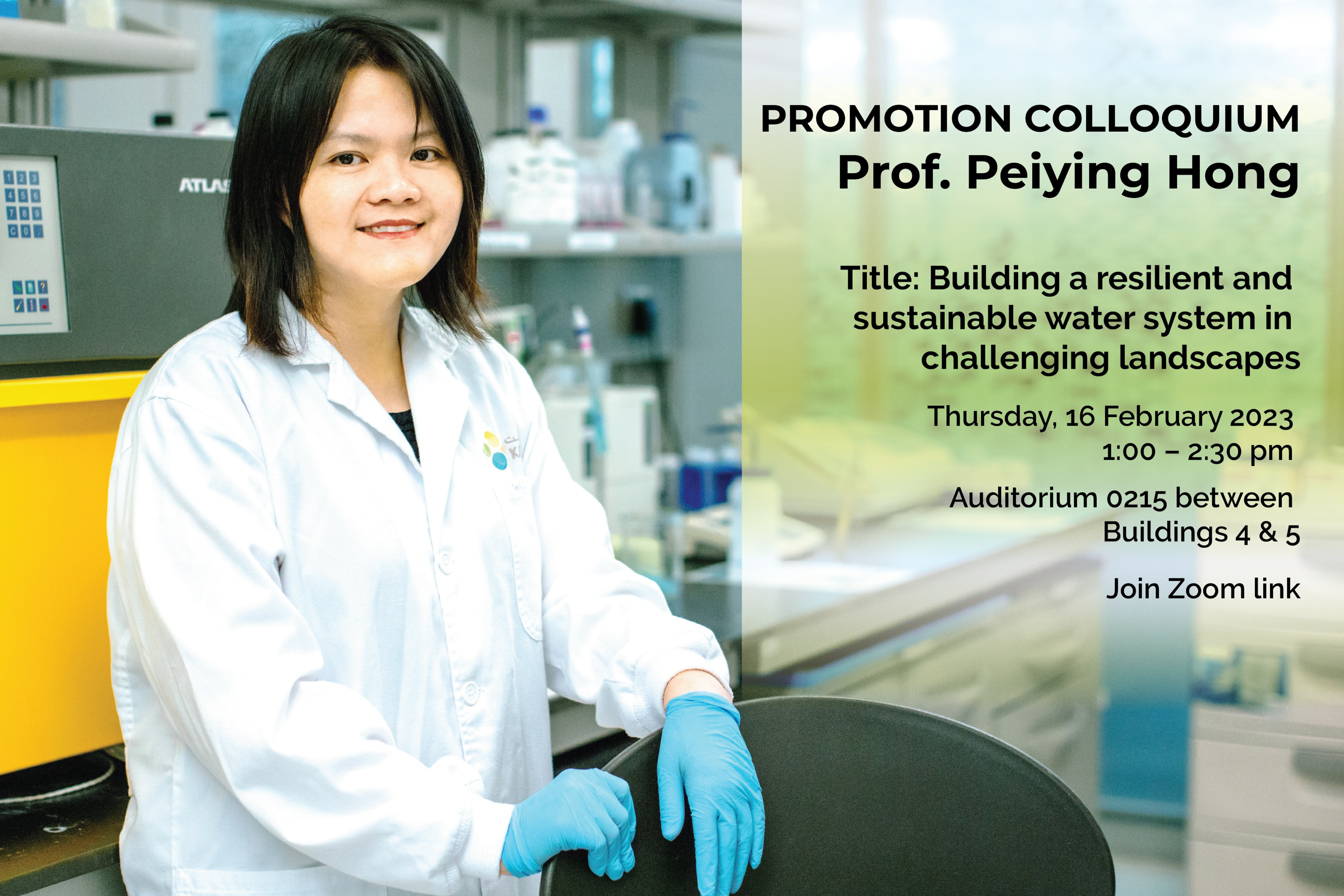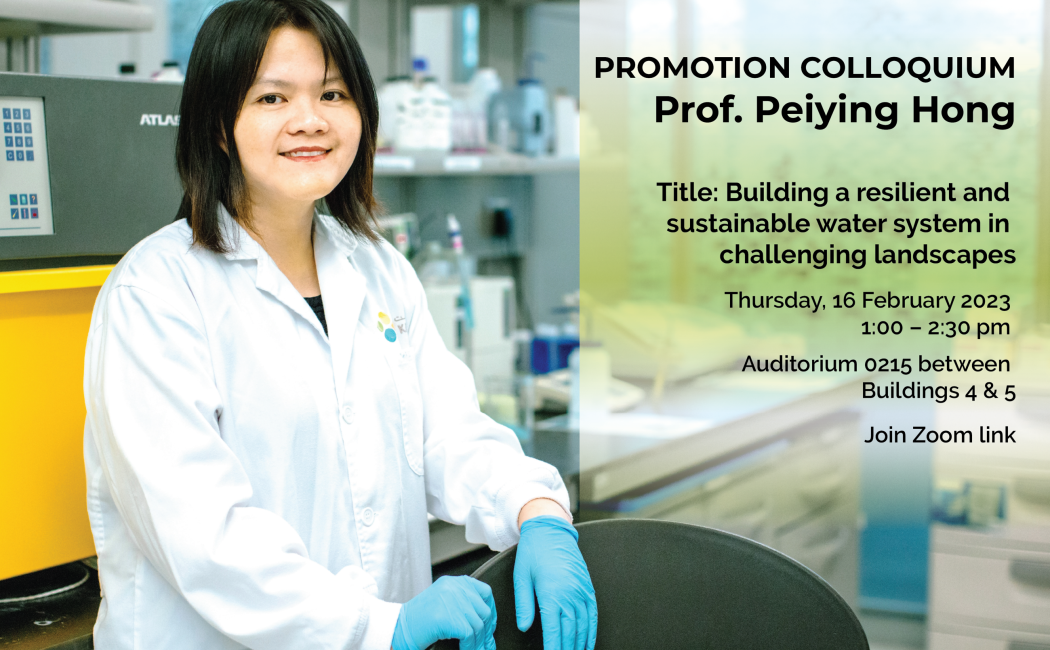
Abstract
Half of the world’s population currently experiences water scarcity for at least some part of the year. In future, water scarcity will be further exacerbated by global population growth and climate change. This pressure on water supplies creates two major concerns: (1) our demand for already scarce water supplies will exponentially increase as we seek to produce sufficient food and energy; (2) our conventional water sources will become susceptible to contamination due to the increased population generating larger volumes of wastewater while anthropogenic activities and climate change increase the spread of waterborne pathogens. In this presentation, I share my team’s vision on how to build a resilient and sustainable water system through:
Pillar 1: Surveillance of the diversity, fate and persistence of microbial contaminants (e.g., bacterial and viral pathogens, antibiotic resistance genes, virulence factors, mobile genetic elements) in wastewater.
Pillar 2: Development and scale-up of energy-efficient wastewater treatment processes that generate high-quality reclaimed water without utilizing much energy.
Pillar 3: Use of our research results to facilitate science-based decisions.
In this colloquium, I share some key highlights from our research pillars. I hope to demonstrate from this colloquium how our team engages in fundamental and goal-oriented research to find practical ways to safely and sustainably reuse reclaimed water in water-scarce locations.
About the speaker
Dr. Peiying Hong is an associate professor in Division of Biological and Environmental Science and Engineering, KAUST. She obtained her Ph.D. degree in Environmental Science and Engineering from National University of Singapore, and her postdoctoral training in University of Illinois at Urbana-Champaign. At KAUST, her Environmental Microbial Safety and Biotechnology Lab research group seeks to provide the fundamental science and goal-oriented research underpinning improvements in water health and water management globally. The group identifies critical knowledge gaps and exploits new approaches to deliver novel insights that advance water reuse programs safely and sustainably. The goal of Dr. Hong’s research is to continue to push for the reuse of high-quality treated wastewater in water-scarce countries, like Saudi Arabia, and in a global environment that is increasingly impacted by climate change. Dr. Hong is the recipient of 2019 James J. Morgan Environmental Science and Technology Early Career Award, and her work has been highlighted by various media outlets like the Economist, Wired and GRIST.



